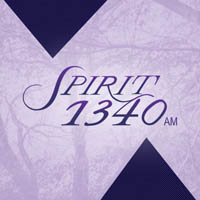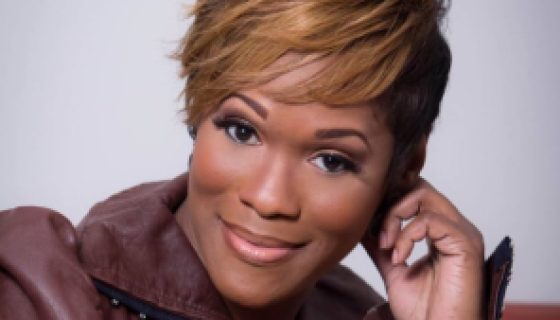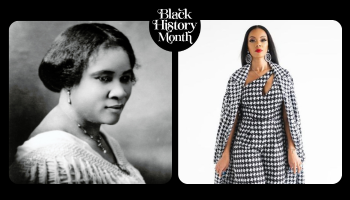VIA BLACK WEB 2.0:
Last week search giant Google, technology nonprofit One Economy, cell phone provider Cricket and hardware maker Qualcomm announced a plan to provide free broadband access for two years to low income communities in Washington, D.C.
The program, called “Project Change Access, ” will distribute free computers and wireless broadband access cards through local community groups. In a post on Google’s Public Policy Blog, the company said this program is an extension of a pilot that began last year in Portland, where 400 families received free broadband access. Up to 1,000 broadband access cards will be distributed in the D.C. program. The Change Access Foundation, another nonprofit working to expand Internet access among low income communities, is also supporting the project.
“The digital divide doesn’t just mean that people don’t have a computer, it means that they are cut off from the resources that can aid them in developing skills to participate in the 21st Century,” said Shawn A. Covell, Vice President of Government Affairs and Head of Wireless Reach for Qualcomm, in a press release announcing the project. “We are eager to see how 3G wireless technology provides new opportunities for the families participating in this project.”
Cricket is providing the broadband cards, Google is sponsoring the modems, and Qualcomm is funding a study to gauge the impact of the program. Participating local organizations include the Far Southeast Family Collaborative, Life Pieces to Masterpieces, Casa De Maryland, South Washington/West of the River Family Strengthening Collaborative, Marshall Heights Community Development Organization, Kids Konnection, the Boys and Girls Club of Greater Washington, D.C., Byte Back, the D.C. Office of the Technology Officer, and the District of Columbia Public Library.
Google is also matching donations to One Economy through January 15, up to $250,000. One Economy is a global non-profit organization uses technology to deliver information and support to low-income people. More than 17 million people have used One Economy’s online tools and resources, and the organization has programs around the world.














